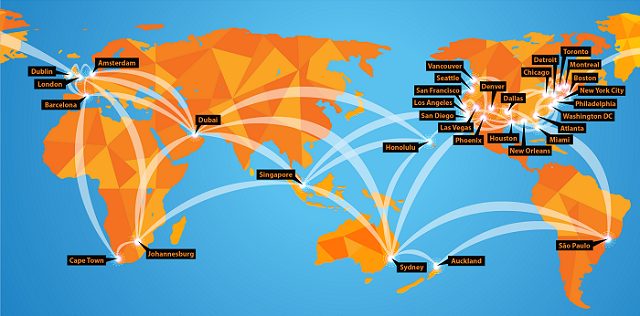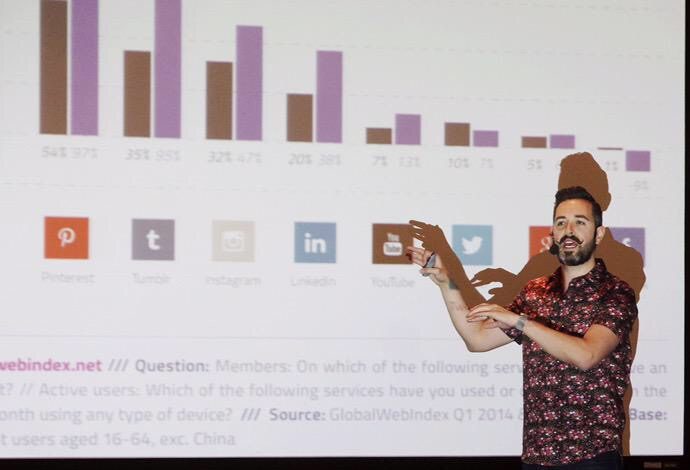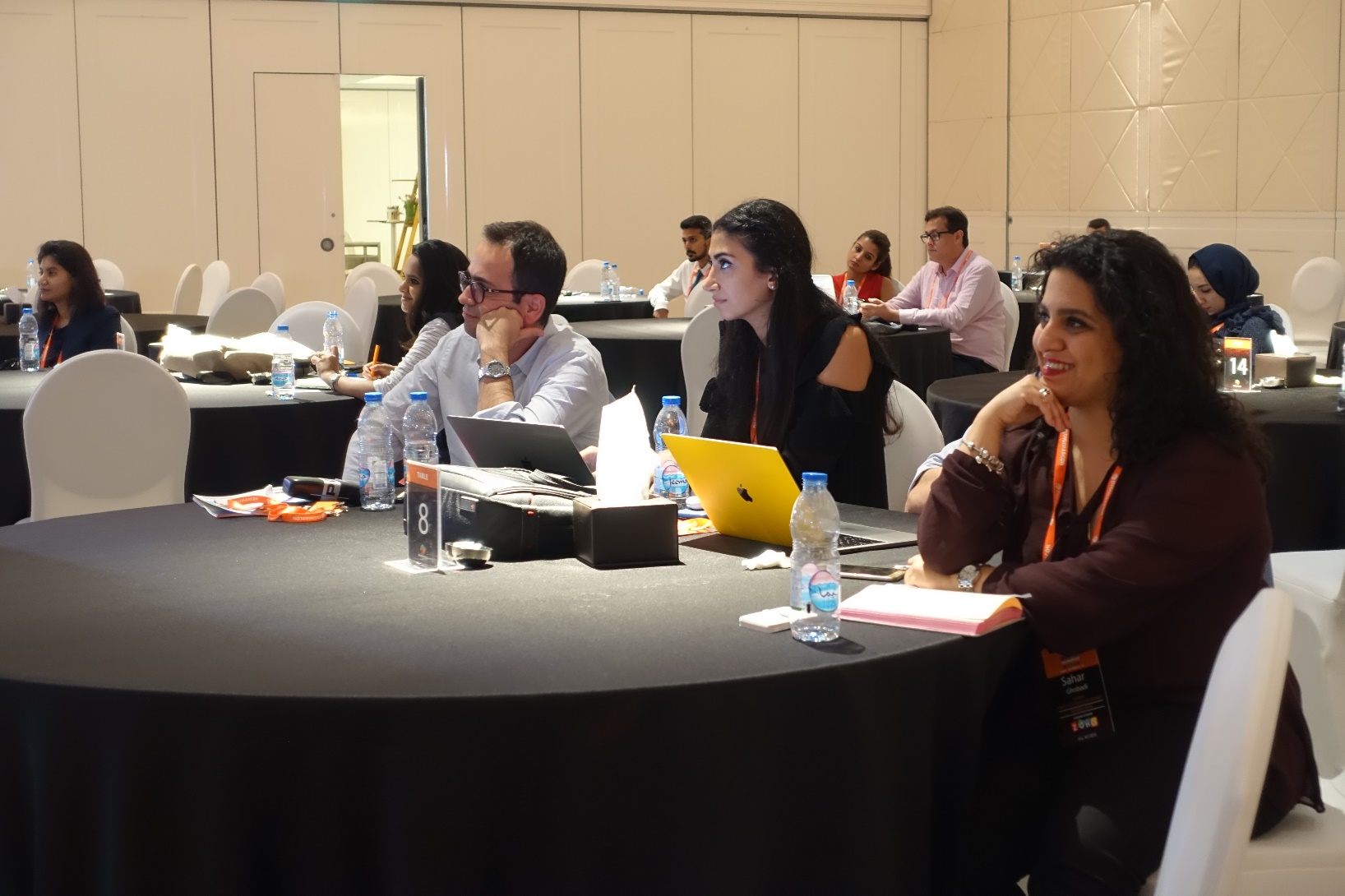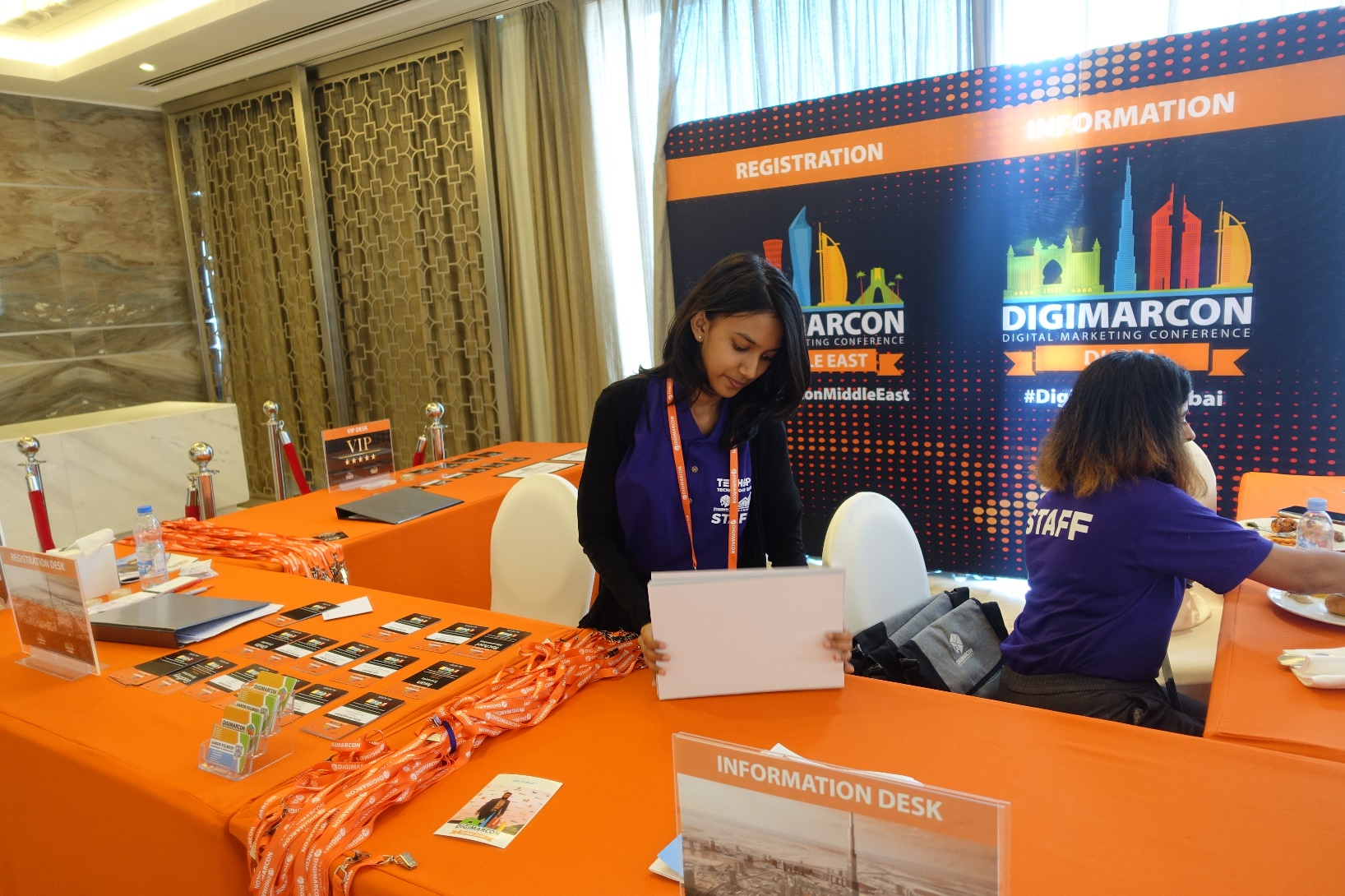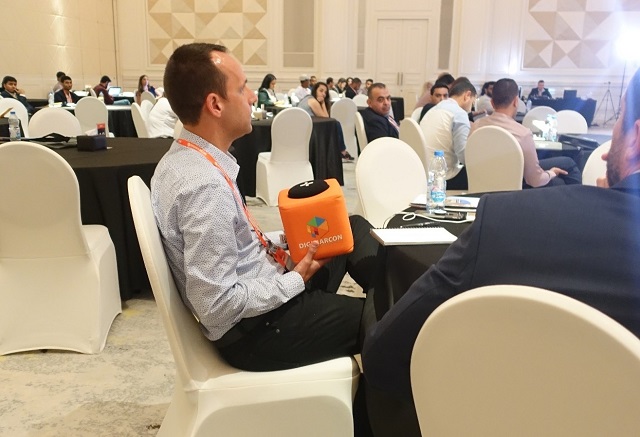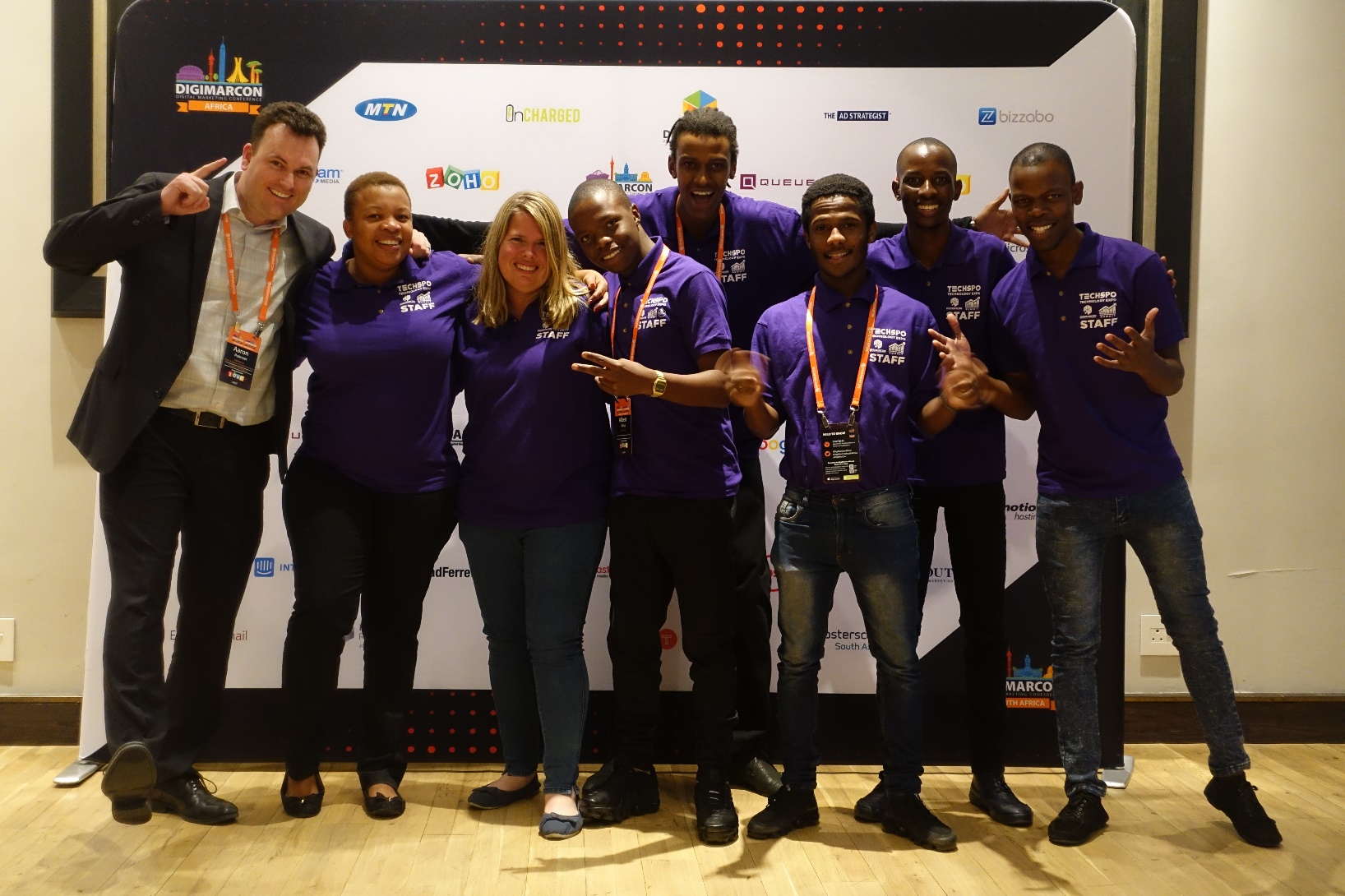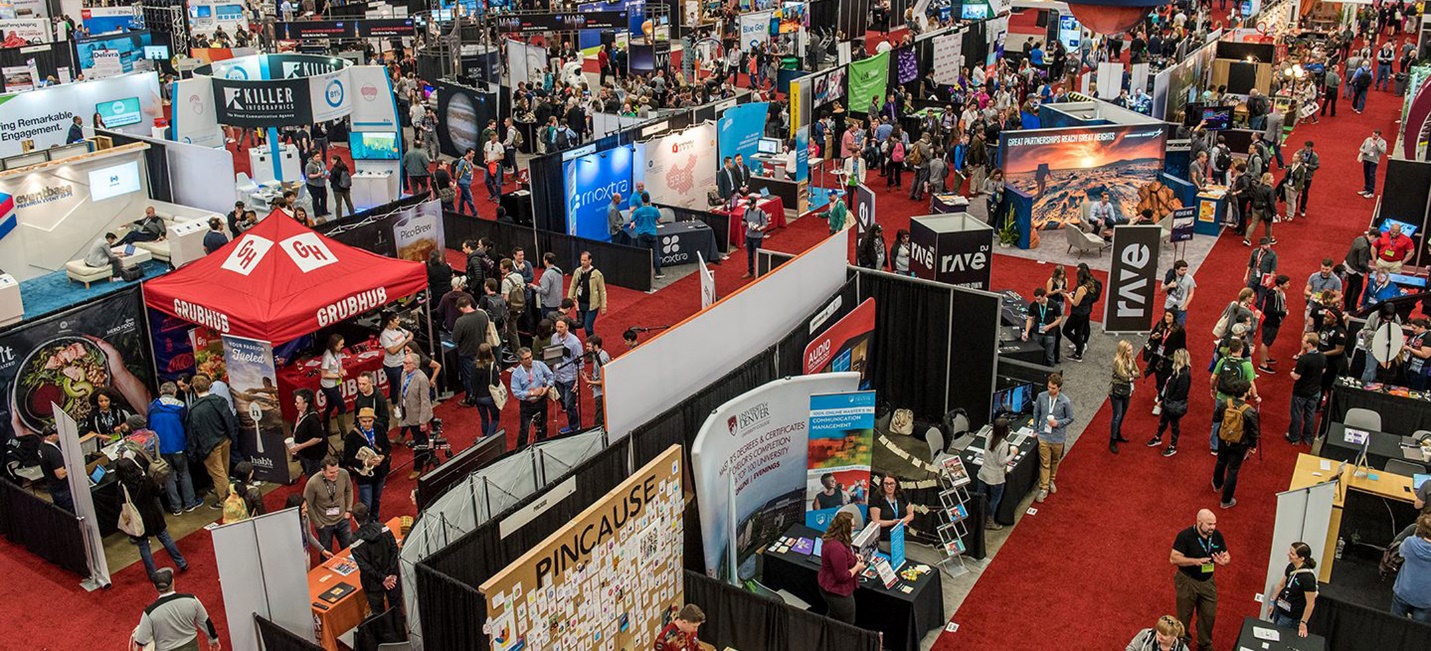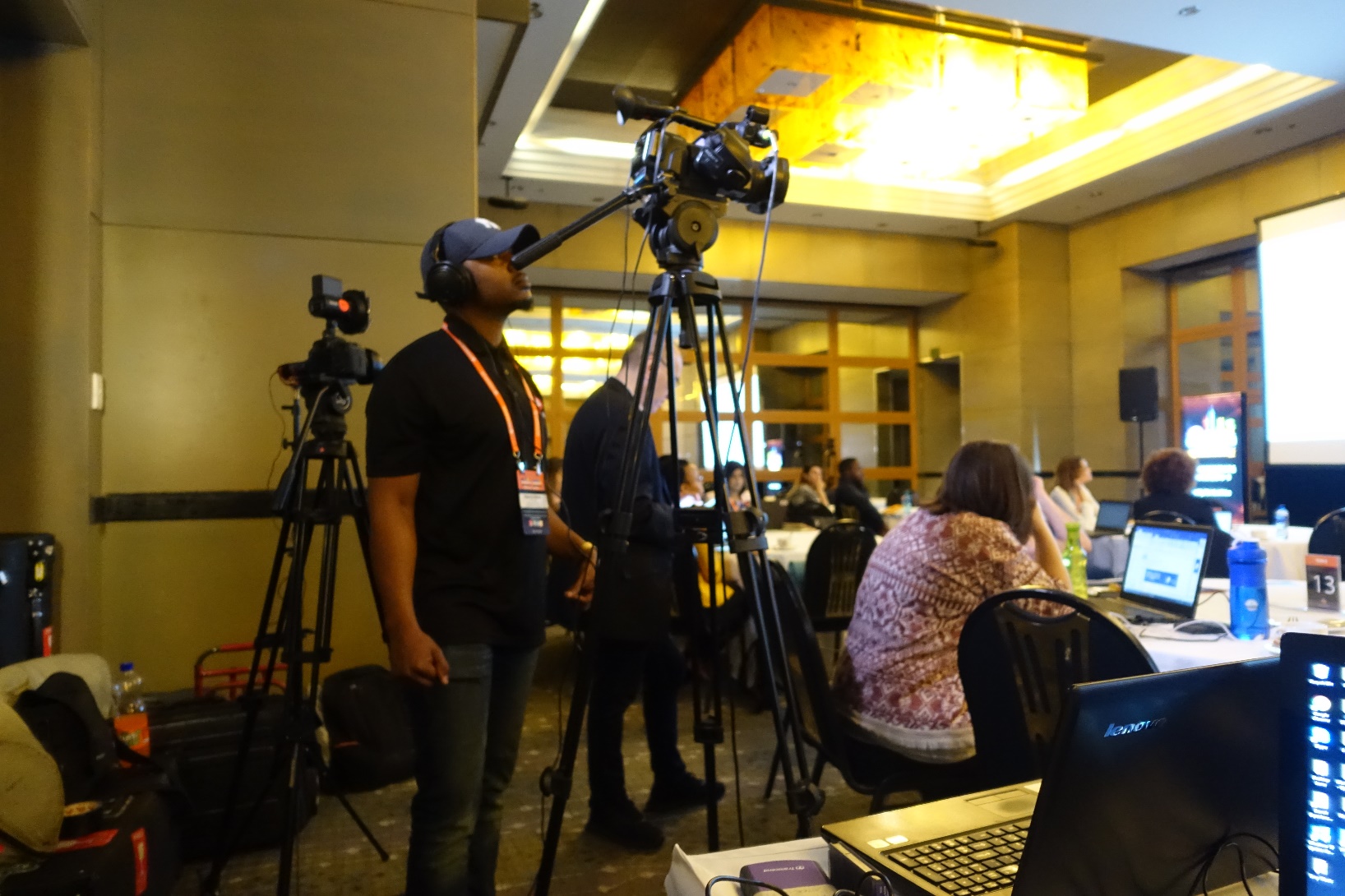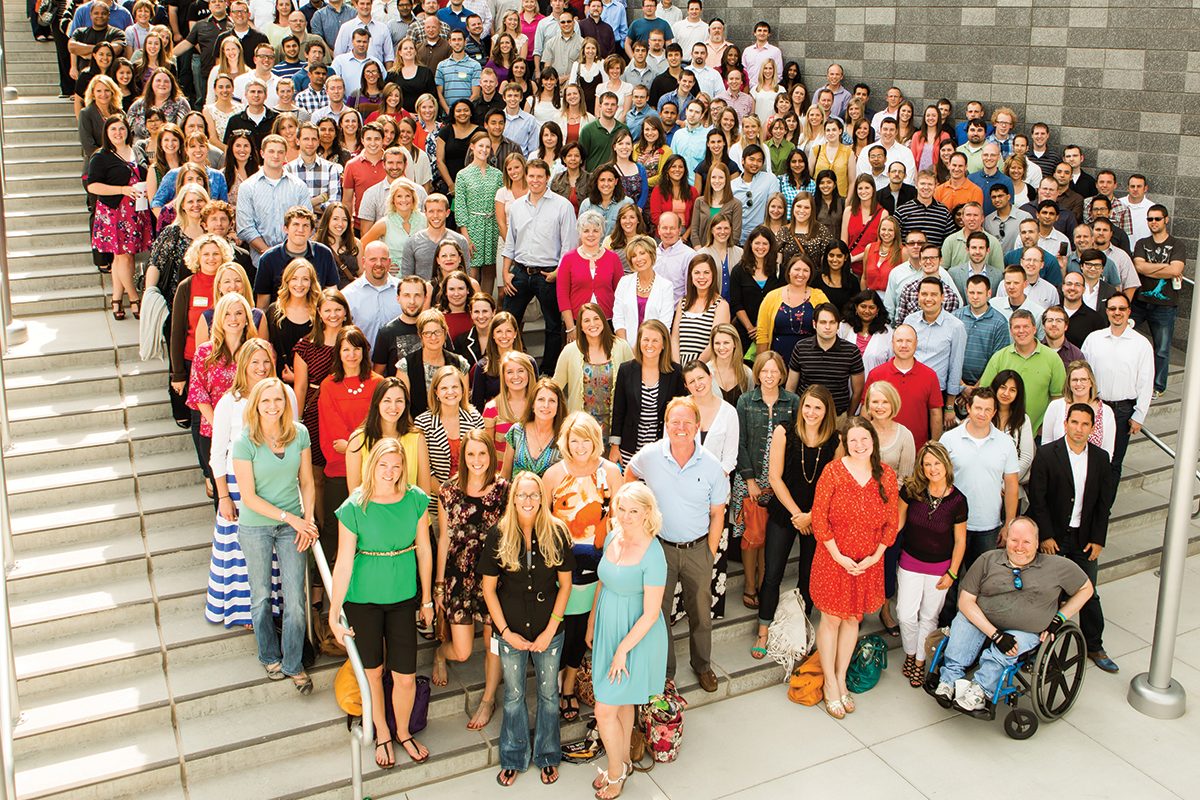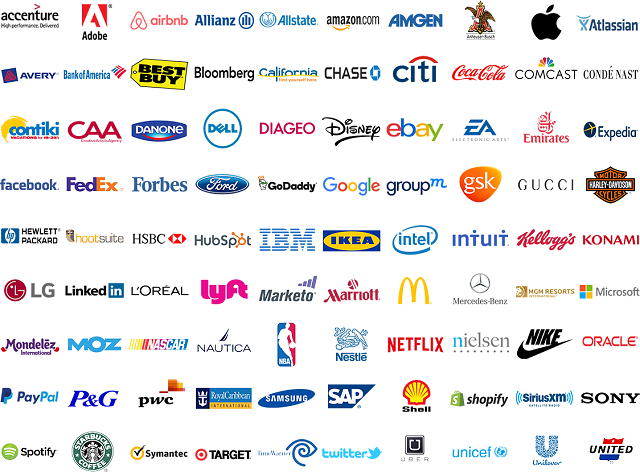Why more retailers became startup incubators in 2016
By Grace Caffyn
The tech scene is known for its unfashionable choices. But now the fashion crowd is on its way in: Today, corporations fund more than a quarter of early-stage startups in the EU. And fashion retailers want in on the incubation game.
Big brands have been setting up their own in-house bootcamps — aka incubators or accelerators — to rub shoulders with entrepreneurs in retail. John Lewis started its own JLab program in 2013, but this year others including Topshop, Asos and SimplyBe-owner N Brown Group all followed suit.
They’ve given money into ideas ranging from heated clothing to an Instagram shopping tool.
“Fashion-tech has been hot in the last three years,” explained Tom Montgomery, managing partner at retail investment firm Allegro Capital. “So retail companies are now adopting some of the fairly well-trod paths to innovation.”
Brands, and their venture capital partners, pitch their incubators as a mutually beneficial relationship. Sometimes there’s equity involved, sometimes not, but there’s always a promise that startups will get lucrative advice and access to decision-makers. Meanwhile, retailers get access to new (and cheap) technology while it’s in its infancy, ahead of their rivals.
For retailers, the most immediate benefit of launching an accelerator is the free publicity. John Lewis’ JLab has been featured in the Guardian, FT and The Telegraph, while the Topshop and Asos schemes got coverage in TechCrunch and Business Insider respectively.
“It is getting them into press and showing they are head of the curve,” said PR expert Amanda Ruiz. “It is showing they are being a forward-thinking organization, not just some money grabbing so-and-sos.”
The free PR is also a boon for startups, which are unlikely to have the budget or staff to market themselves effectively. Imogen Wethered is the CEO and co-founder of Qudini, which lets retail customers queue on an app rather than in-person, and part of JLab’s 2015 cohort. According to her, the association with a large retailer like John Lewis was crucial in adding credibility to her brand. “For the startups, you get free PR which is amazing. Our business wouldn’t be where it is without that,” she said.
But for retailers, the easy part is giving away prize money; the hard part is building something with staying power. According to Gary Stewart, director of the London-based accelerator Wayra U.K., in some cases, the low-hanging PR fruit is all retailers really want. Wayra was started by Spanish telecom Telefonica but now runs cohorts with outside companies including Asos.
Stewart said that while more brands want to invest in startups, many still don’t know exactly why. This is a phenomenon he called “startup tourism.” In Wayra’s current scheme with Asos, all three startups — artificial intelligence firm action.ai, missed delivery service Xpreso and e-gifting platform Wishround — are working on active pilots with staff from the retailer. However, only a handful of JLab alumni are working with John Lewis. …read more
Source:: Digiday










